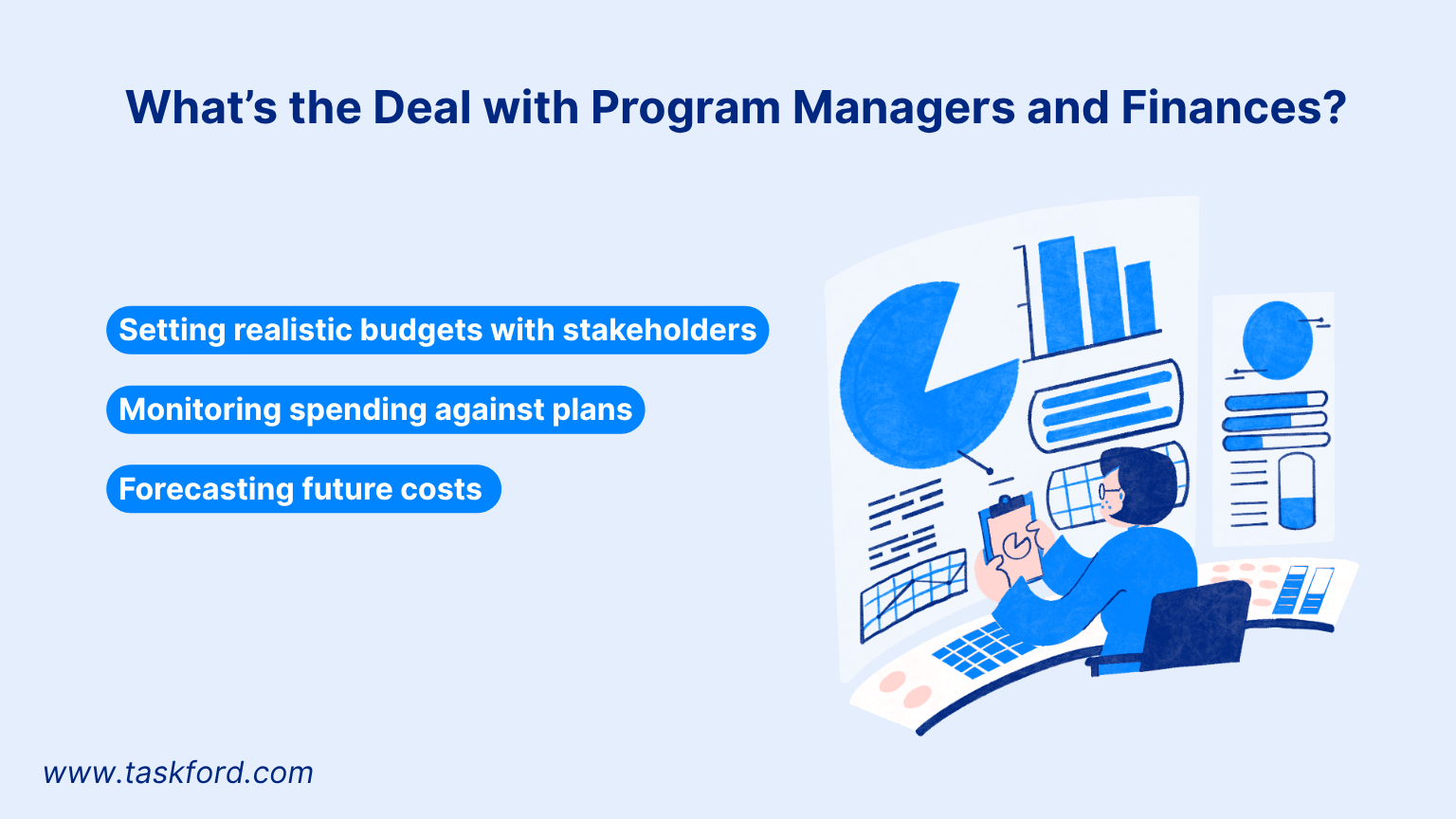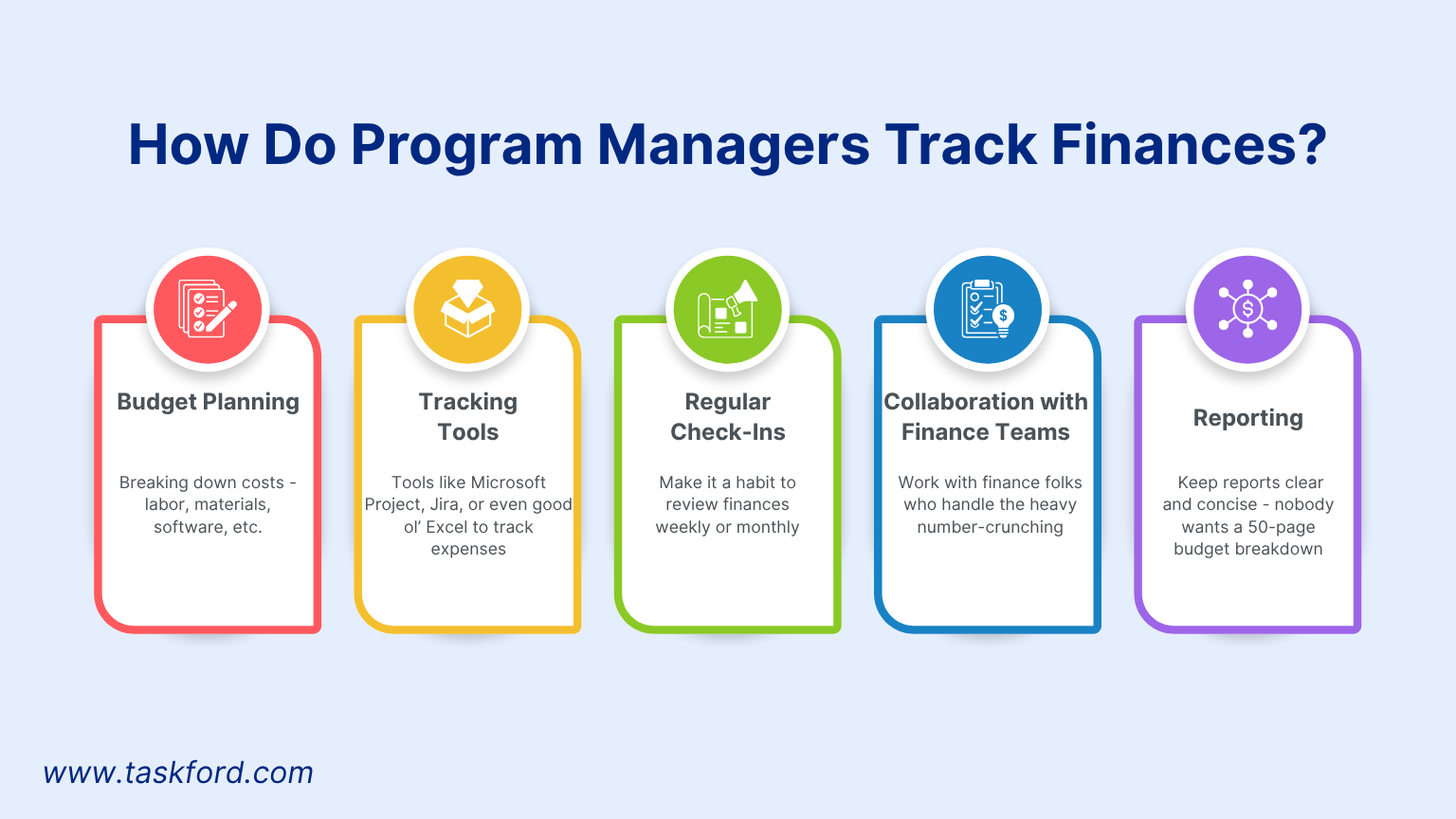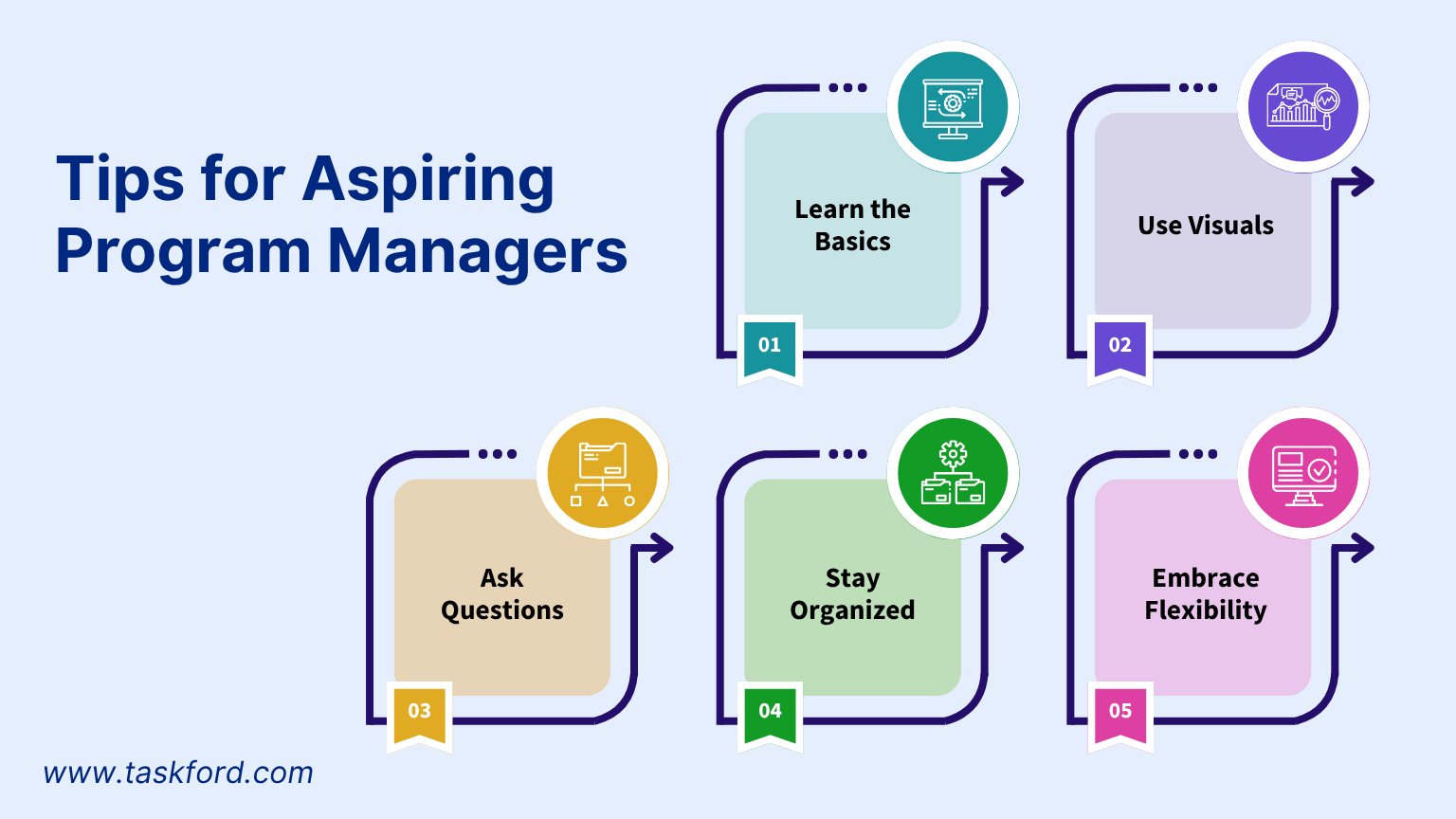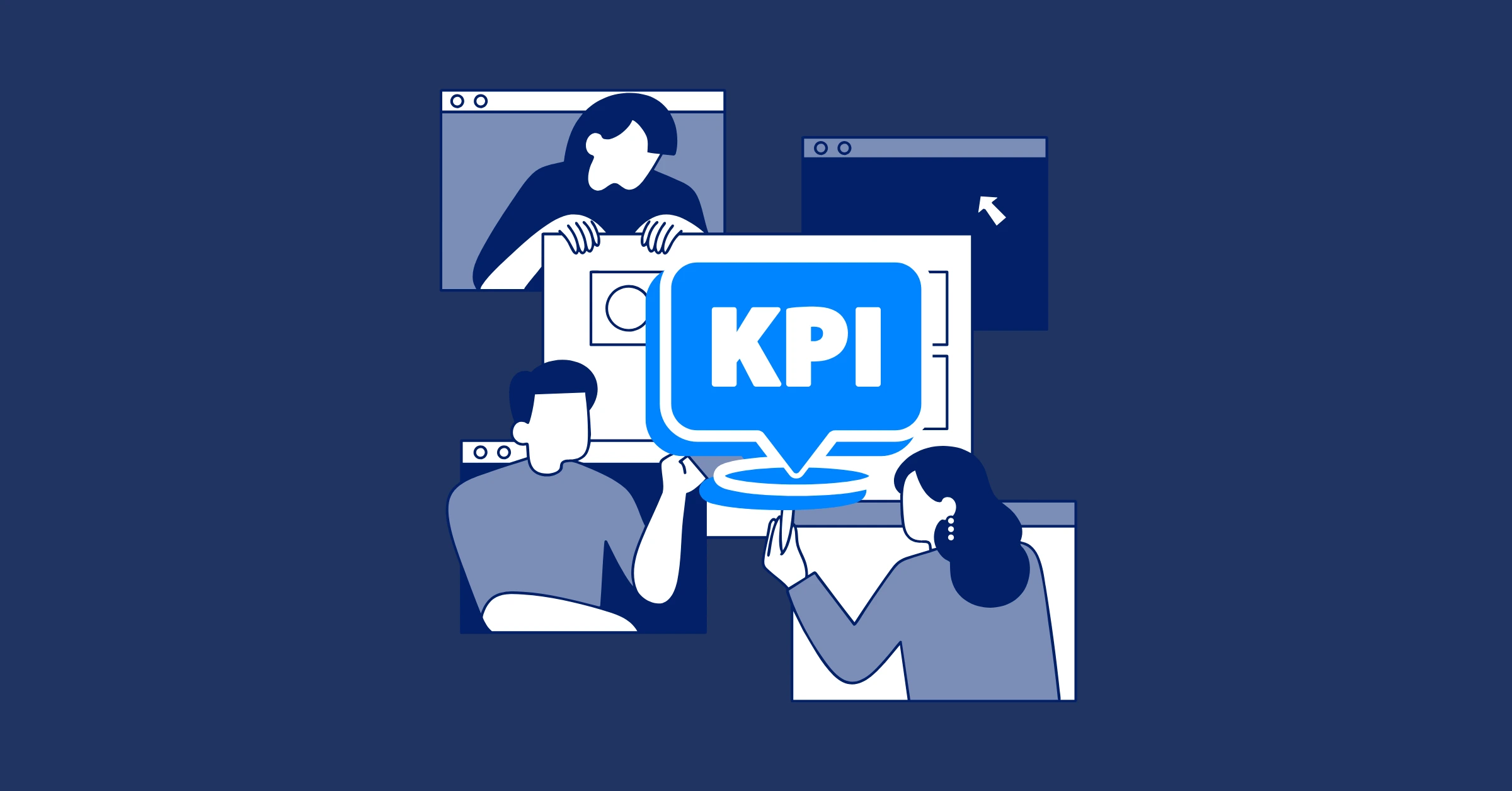Do Program Managers Really Track Finances?
Learn how program managers track finances, why it matters, and their key responsibilities in this practical guide to effective budget management.
If you’ve ever found yourself wondering whether program managers genuinely roll up their sleeves and dive into the world of budgets, spreadsheets, and financial reports, you’re in good company. This question often sparks curiosity, especially among those new to project or program management, or even seasoned professionals navigating a new role. It’s not uncommon to see “financial tracking” listed in a program manager’s job description, but does it really play a central role in the day-to-day? The short answer: yes, it’s a critical part of the job, but the way it’s done and the level of involvement can vary widely depending on the organization, industry, and program complexity.
This article provides a clear, approachable guide to understanding what financial tracking entails for program managers, why it’s so important, and how it’s practically managed in the real world. From startups to large corporations, we’ll explore the ins and outs of keeping programs financially on track—spoiler alert: it’s less about crunching numbers and more about ensuring success without breaking the bank.
What’s the Deal with Program Managers and Finances?
First off, let’s clear up what a program manager does. Unlike project managers, who focus on one specific project, program managers oversee a group of related projects, making sure they align with the big-picture goals of the organization. Think of PMs as the conductors of an orchestra, keeping everyone in sync, on time, and, yes, within budget.
Now, about those finances. Do program managers track them? Absolutely. But the how and how much depend on the organization, the program’s size, and the tools at our disposal. Tracking finances isn’t just about crunching numbers; it’s about ensuring the program delivers value without burning through cash like it’s a campfire. According to a study on interactive control in budget management, program managers also leverage interactive control mechanisms to ensure that financial performance aligns with the program’s strategic goals, improving overall program effectiveness (The Impact of Interactive Control in Budget Management ).
Related Blog: What Is Program Management? How It Goes Beyond Project Management
Responsibilities and Scope of Program Managers in Financial Tracking

Program managers are accountable for overseeing the financial health of their programs, though the scope varies by organization, program size, and available tools. Responsibilities typically include setting realistic budgets with stakeholders, monitoring spending against plans, and forecasting future costs.
Program managers ensure financial decisions align with program goals, manage risks like scope creep that impact budgets, and provide clear, concise reports to stakeholders. While the depth of involvement differs - some dive into detailed spreadsheets, others rely on finance teams for heavy lifting - the accountability lies in keeping the program financially on track.
Why Tracking Finances is a Big Deal
Here’s the thing: money is the fuel that keeps projects running. If you overspend, you risk derailing not just one project but the entire program. As a program manager, keeping an eye on the budget helps:
- Spot problems early: Catching overspending or unexpected costs early means you can course-correct before things spiral.
- Build trust: Stakeholders love knowing their money is being used wisely. Showing you’ve got a handle on finances builds credibility.
- Make smart decisions: Knowing where the budget stands helps you prioritize tasks, reallocate resources, or negotiate for more funding if needed.
Programs with tight budgets (think startups or nonprofit initiatives) require even more attention to finances. Let's get creative, like finding cost-effective vendors or reallocating funds to keep things on track.
How Do Program Managers Track Finances?

So, how do Program Managers actually do it? It’s not like we’re sitting there with a calculator all day (though I’ve had my moments!). Here’s a peek into the typical ways program managers handle the financial side:
- Budget Planning: At the start, work with stakeholders to set a realistic budget. This means breaking down costs - labor, materials, software, you name it. Involving the team early helps avoid surprises later.
- Tracking Tools: Most of us rely on project management tools, or even good ol’ Excel to track expenses. Some organizations have fancy enterprise software that integrates financial data, which is a lifesaver.
- Regular Check-Ins: Make it a habit to review finances weekly or monthly, depending on the program’s pace. This could mean checking actual spending against the planned budget or forecasting future costs. Pro tip: always have a buffer for unexpected expenses - trust me, they will pop up.
- Collaboration with Finance Teams: In larger organizations, program managers often work with finance folks who handle the heavy number-crunching. PM's job is to translate their data into actionable insights for the team. For smaller projects, though, you had to roll up your sleeves and dive into the spreadsheets yourself.
- Reporting: Stakeholders want updates, and finances are always a hot topic. Keep reports clear and concise - nobody wants a 50-page budget breakdown. A simple dashboard showing key metrics like “budget spent vs. remaining” works wonders.
Related Blog: Project Cost Management 101: A Beginner's Guide to Budgeting and Control
Challenges and How to Tackle Them
Tracking finances isn’t always smooth sailing. Here are common ones and how to tackle them:
- Unclear Budgets: Sometimes, stakeholders aren’t sure what they can spend. You can deal with this by pushing for clarity early on, even if it means a few extra meetings.
- Scope Creep: When projects grow beyond their original plan, costs can skyrocket. A go-to fix? A strong change management process to evaluate the financial impact of any scope changes.
- Tool Overload: Too many tools can make tracking messy. Stick to one or two that everyone understands, and make sure the data is centralized.
- Time Crunch: Program managers juggle a lot, and finances can feel like “one more thing.” Set aside dedicated time each week to review budgets—it’s non-negotiable.
Tips for Aspiring Program Managers

If you’re new to program management or just curious about the financial side, here’s some advice:
- Learn the Basics: You don’t need to be an accountant, but understanding terms like “burn rate,” “cost variance,” and “forecasting” will make you more confident.
- Use Visuals: Charts and graphs are your friends. They make complex financial data easier to digest for you and your stakeholders.
- Ask Questions: If something in the budget doesn’t make sense, don’t be afraid to ask the finance team or leadership for clarification.
- Stay Organized: Keep all financial docs in one place. Use cloud storage like Google Drive or SharePoint to avoid losing track of invoices or reports.
- Embrace Flexibility: Budgets change. Priorities shift. Being adaptable while keeping the big picture in mind is key.
Final Thoughts
So, do program managers track finances? You bet we do - it’s a core part of the job. Whether it’s setting budgets, monitoring spending, or reporting to stakeholders, staying on top of the financials helps ensure success. It’s not always glamorous, but it’s rewarding when you see a program come together without breaking the bank.
If you’re a program manager or thinking about becoming one, don’t shy away from the numbers. With the right tools, a bit of practice, and a willingness to learn, you’ll be tracking finances like a pro in no time. Got any questions or tips of your own? We’d love to hear them—program management is all about sharing knowledge!
Making work simpler,
smarter, and more connected
Join our waitlist and be notified first.

Subscribe for Expert Tips
Unlock expert insights and stay ahead with TaskFord. Sign up now to receive valuable tips, strategies, and updates directly in your inbox.






